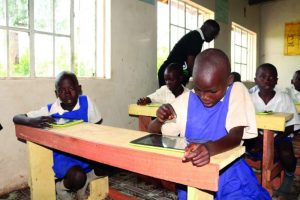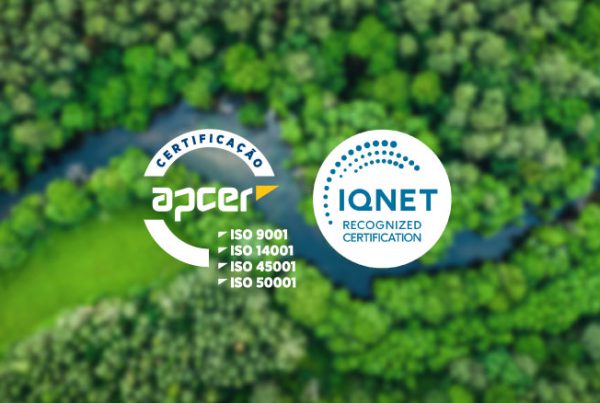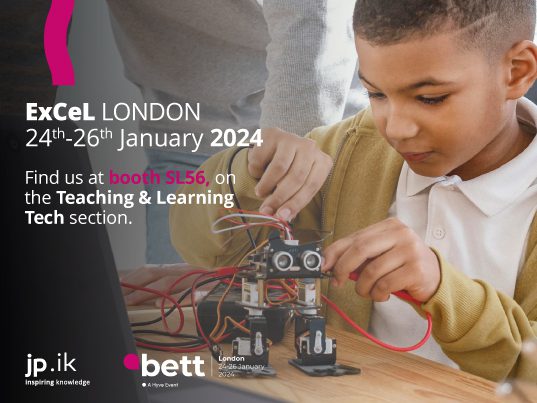Investing in education means believing in its power to transform our World. Transforming an entire education system involves a solid investment and a good planning.
In this context, a solid investment in education demands answers, facts and goals reached. Moreover, to ensure a sustainable continuity of a large-scale education project it is fundamental to gather reliable and objective data.
Considering our own experience in the field by implementing large-scale ICT-based education projects it is essential to understand how (and if) the technology is being used in the classroom. For Governments, who are the big supporters of this type of projects, many questions need answers and consequently gathering, analysing and comprehending data is fundamental.
How many student devices were used during the school day? For how long? Did students used the internet? Yes or no? For how long? Which applications did the students use? In our line of work, we meet this need and we understand it as a challenge. And, we love a good challenge!
Throughout 2018, jp.ik Development Team has dedicated a lot of their time to explore ways to answer this need for reliable data regarding the sustainability of the project.
– The idea –
In Kenya, jp.ik is a solid and relevant partner in the design and implementation of the Digital Literacy Programme, in which one of the technological equipments included in the classrooms is the Content Acess Point, also known as CAP.
The CAP triggered our idea! What about using the CAP to monitor the use of technological devices in the classrooms in order to evaluate if and how the devices are being used and correlate these data with the data regarding students’ academic performance.
In the school environment, student devices are connected to a CAP. So, how it will work?
Firstly, an Internet connection is required daily, weekly or monthly, at the very least. CAP sends data regarding the devices that are connected to itself, such as: how many devices are on; for how long the devices are on; which applications students interact with; did students use the internet connection and for what.
This kind of information might seem very simple, but the fact is, this it is a big step regarding reliable data in terms of the effective use of technology in education and the reach of the investment made.
– The challenge –
jp.ik team understands the importance of collecting this data as a huge step towards assisting governments to fully understand the effective reach of technology in the education system and correlate this data with the students’ academic performance. Believing in this idea, jp.ik approached Microsoft, a solid and long- term partner, and presented the idea. And, the fact is our idea was ambitious enough to draw Microsoft attention to join this project. A team of Microsoft Senior Developers is collaborating with jp.ik Development Team and in July of 2018, the idea was pitched at Microsoft Hackathon 2018, gathering a lot of acceptance and enthusiasm.
We believe in this project and Microsoft believes in it, too! So, we are working together in order to implement two Proofs-of-Conceptin the field throughout 2019; one in Portugal and the other inKenya, where jp.ik implemented the ICT-based education project entitled “The Digital Literacy Programmeâ€.
– The plan of execution –
Aiming the operationalization of the project, meaning the materialization of the idea, the timeline of work has three phases.The first phase aims to determine how many CAP devices are in use and how many student devices are connected to the CAP itself. To unwrap this phase, the first step is development; meaning an extensive round of internal testing is ongoing.
Following this first stage, it is the time to go to into the field and implement two proofs-of-concept to collect data and to understand some of the challenges that might occur. Throughout 2019, the first Proof-of-concept will be implemented in Portugal and later on a second one will be installed in ten schools in Kenya, where the national ICT-based education initiative was implemented in 2016.
Once this first phase is finalized, it will come the time to collect the data from the equipments, for instance, the applications used and the time of use. In this moment, it is important to highlight that this recollection is completely anonymous.
Finally, and a more ambitious phase, is the possibility to update contents and software in a simpler and easy way. The contents and software will be transferred to the CAPs and then disseminated to the student devices that are connected to it.
This project is in an early stage yet, for which jp.ik gained Microsoft attention and it has been an amazing journey!

One thing is certain! If we manage to reach the finish line with reliable data in terms of use of the technology in the classroom, we will elevate technology in education, and contemporary education itself, to a disruptive turning point!
Homabay county sero primary school
Remember, we love a good challenge ?




